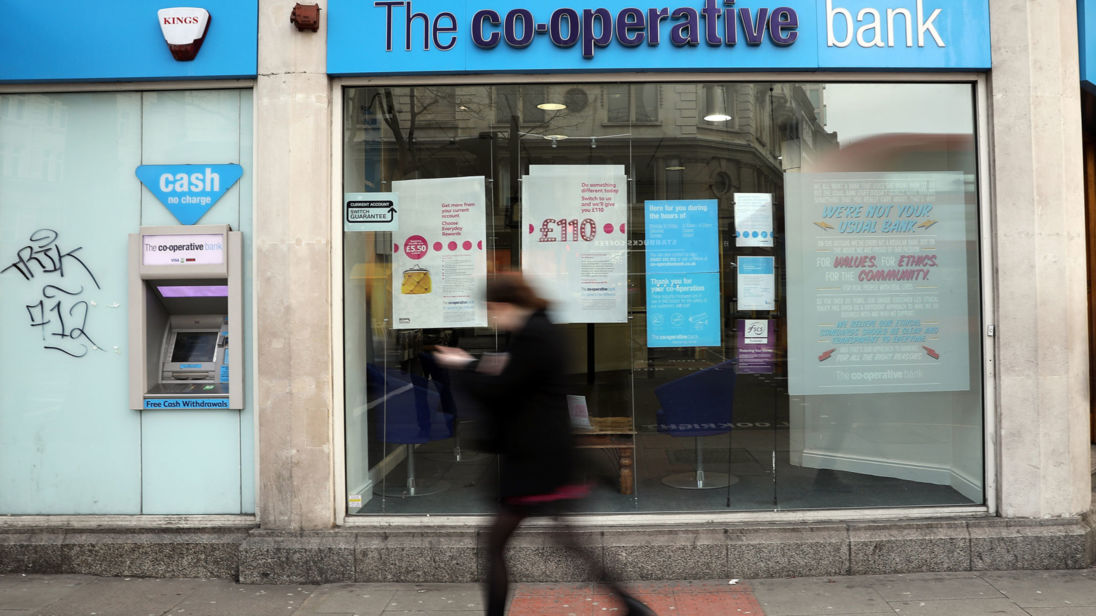By Mark Kleinman, City Editor
The American hedge funds which own the Co-operative Bank have kicked off a hunt for a new chairman as they attempt to rebuild the business in the wake of a £700m rescue deal.
Sky News has learnt that Dennis Holt, who has chaired the company through a tumultuous three-year period, is to step down next year, shortly after his 70th birthday.
Mr Holt's retirement will be the second major departure from the Co-op Bank's board since it was handed a lifeline during the summer by a consortium of bondholders.
A former Lloyds TSB and Bank of Ireland executive, he was brought in following an earlier financial restructuring of the self-styled ethical lender.
Last month, Mr Holt announced that he would step down next spring from the board of insurance group Beazley.
His exit from the Co-op Bank will follow that of John Worth, its former finance director, who left during the summer.
Mr Worth was replaced by Tom Wood, the former Shawbrook finance chief, who originally joined the bank as its chief restructuring officer.
Mr Wood was installed by a quintet of hedge funds, including Blue Mountain Capital Management and Silver Point, with a mandate to accelerate an overhaul of the company's operations.
The investors pumped hundreds of millions of pounds into the Co-op Bank – the third equity-raising it had been forced to undertake in four years.
Its initial financial restructuring in 2013 led to the hedge funds taking a majority stake in the business.
They now hold all of its shares, with the Co-op Group selling its final 1% stake in September.
Despite the disappearance of the mutual from its share register, the bank has stressed that its commitment to "values and ethics" will be safeguarded.
If they had not stepped in to provide new capital, the investors faced the alternative of seeing their previous investments being wiped out, with the Bank of England moving in to wind up the lender.
Efforts to find a buyer for the whole of the Co-op Bank failed to elicit a compelling offer from Virgin Money, CYBG or any of the other banks or private equity firms which had considered doing so.
The recapitalisation has provided some reassurance to four million Co-op Bank customers who have faced a protracted period of uncertainty over its future as an independent business.
Existing retail bondholders nevertheless suffered a substantial reduction in the value of their holdings.
The rescue deal saw the hedge funds pay £250m for new shares and swap £443m of existing debt for equity.
In addition, £100m was invested in the Co-op Bank's new standalone pension scheme following tensions over the division of the £10bn scheme shared with the Co-op Group.
The Co-op Bank said during the summer that it saw the potential to pay a dividend to shareholders in 2021 if its business plan is delivered over the coming years.
The company has been hit by a string of legacy issues, as well as the challenge posed by ultra-low interest rates, following its disastrous merger with the Britannia Building Society in 2009.
Its former chairman, Paul Flowers, brought it into disrepute when his drug-taking and sexual proclivities were exposed by a tabloid newspaper, while his financial competence was questioned by MPs.
A Co-op Bank spokesman declined to comment.
More stories
- Previous article 'These type of jobs need to be preserved'
- Next article Labour: Housing plan just manipulates numbers





